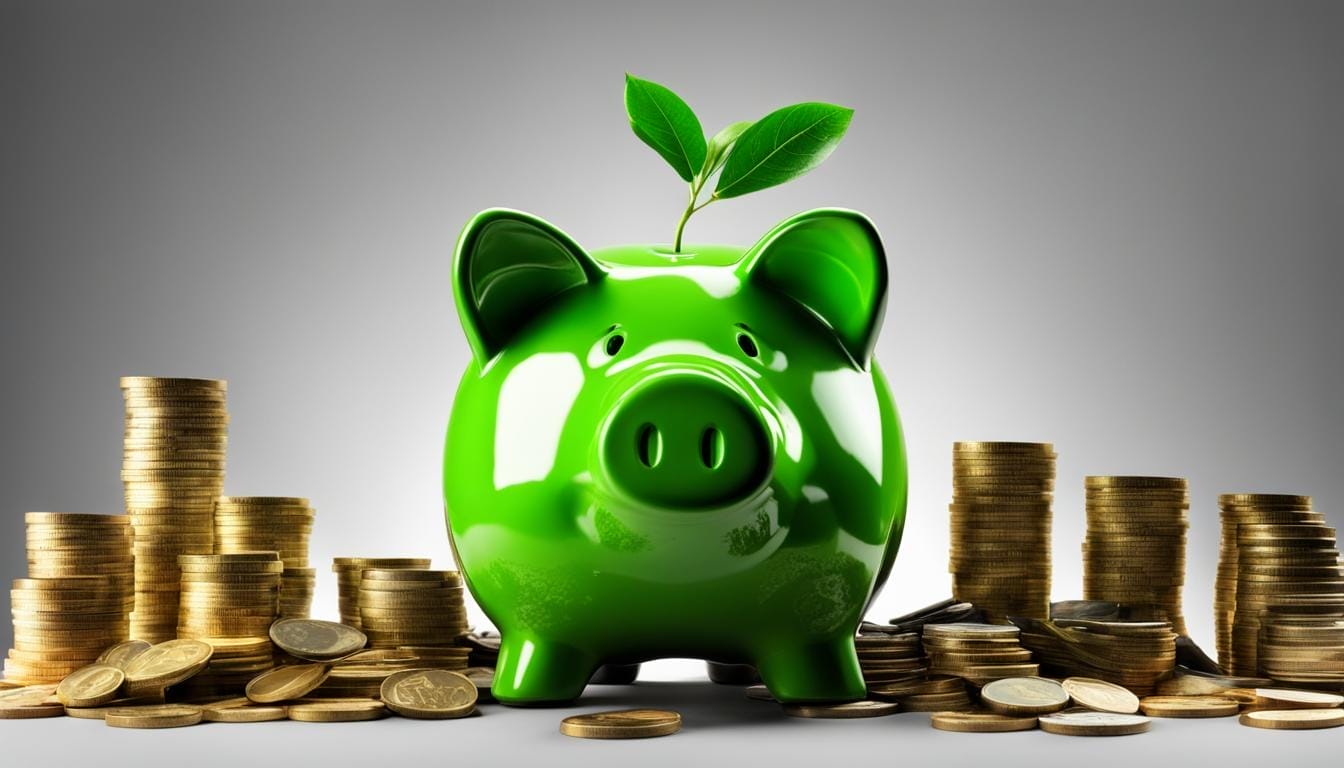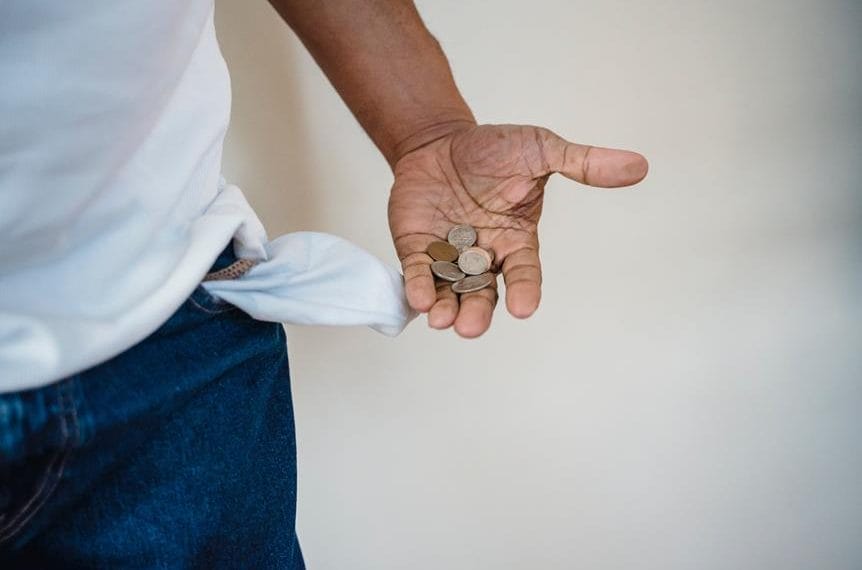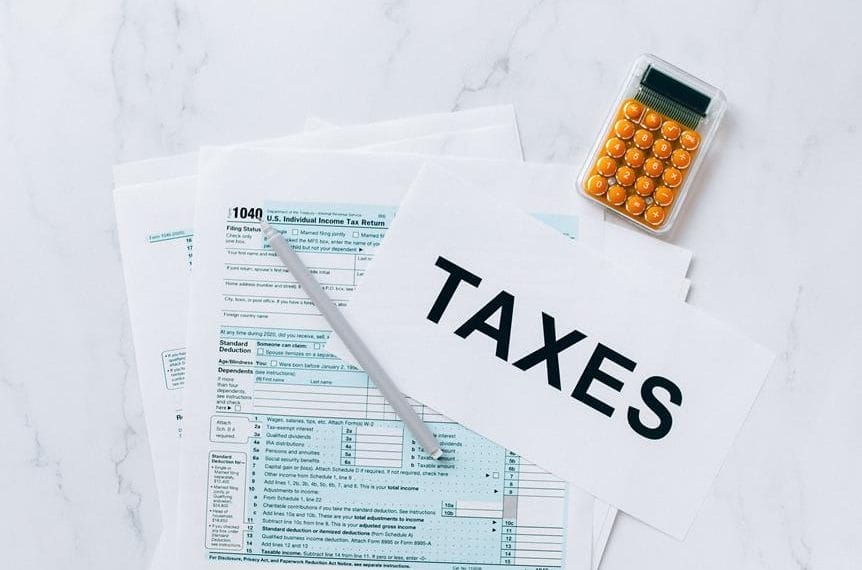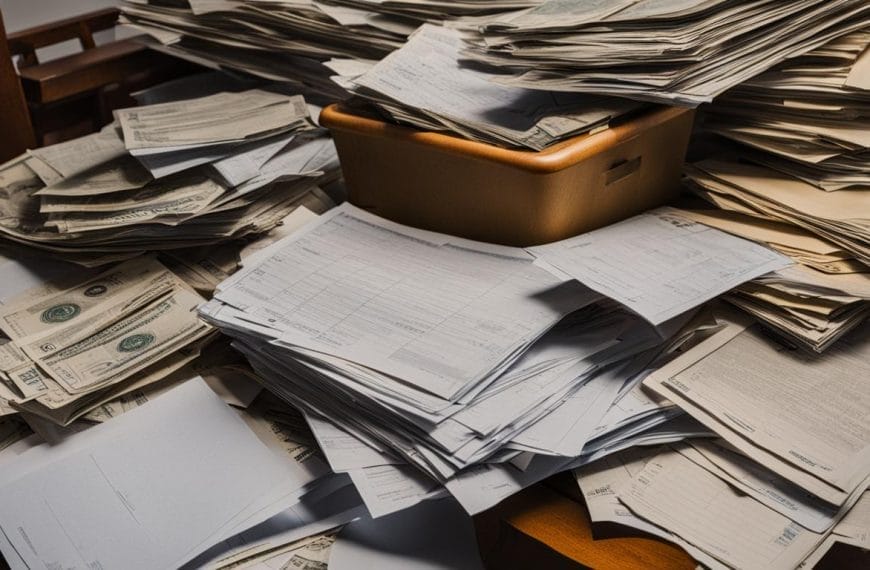Wondering what to do after bankruptcy discharge? It’s time to focus on rebuilding your financial stability, repairing your credit, and embracing a debt-free life. While bankruptcy may have presented challenges, there are steps you can take to regain control of your finances and move forward with confidence.
When it comes to financial stability, it’s important to understand the impact of bankruptcy on your credit score. Contrary to popular belief, the effects may not be as severe as you think. In fact, studies have shown that the average credit score of individuals filing for Chapter 7 bankruptcy increased by over 80 points between filing and discharge. So, there is hope for a brighter financial future.
To repair your credit and start fresh, it’s crucial to be mindful of the timing and considerations when applying for new credit cards. While there is no waiting period to apply, it’s advisable to wait until you have established financial stability. Paying bills on time, building a savings account, and paying off remaining debts are essential steps before venturing into new credit territory.
Once you feel ready to explore new credit options, consider applying for a secured credit card. These cards require a deposit as collateral and can be easier to obtain after bankruptcy. With responsible use, a secured credit card can help you improve your credit score over time, making it an invaluable tool for your journey to financial recovery.
Furthermore, it’s important to understand the rules for handling money or property received after bankruptcy. While most money or property received post-bankruptcy is safe from the bankruptcy trustee, there may be exceptions. Consulting with your bankruptcy attorney can ensure that any gifts or assets you receive fall outside of these exceptions, granting you the freedom to use or invest them as you see fit.
Remember, rebuilding after bankruptcy takes time and effort, but with dedication and proper financial management, you can achieve lasting stability and embrace a future free from the burdens of debt. Stay determined, stay informed, and take control of your financial destiny.
The Impact on Your Credit Score
The impact of bankruptcy on your credit score is not as straightforward as many people assume. It will vary depending on your individual situation. For those who already had bad credit before bankruptcy, the impact may not be significant. In fact, studies have shown that the average credit score of those filing for Chapter 7 bankruptcy actually increased by over 80 points between filing and discharge. However, it is important to note that there may still be a temporary drop in the credit score during the bankruptcy process.
When you file for bankruptcy, it will generally remain on your credit report for up to 10 years. This can have a negative impact on your credit score and make it more challenging to secure new credit or loans. However, it’s not the end of the road for your credit. With time and responsible financial management, you can improve your credit score even after bankruptcy.
How Bankruptcy Affects Your Credit Score
Bankruptcy can have different effects on your credit score depending on the type of bankruptcy you filed for. Chapter 7 bankruptcy involves the liquidation of assets to pay off your debts, while Chapter 13 bankruptcy involves a repayment plan based on your income. Both types of bankruptcy will have an impact on your credit score, but the severity and duration of the impact may vary.
One of the main factors that determine how bankruptcy affects your credit score is your pre-bankruptcy credit history. If you already had a low credit score and a history of missed payments or high debt, the impact of bankruptcy on your credit score may be less significant. On the other hand, if you had a good credit score before bankruptcy, the impact may be more substantial.
| Bankruptcy Type | Impact on Credit Score | Duration on Credit Report |
|---|---|---|
| Chapter 7 | Temporary drop, but potential for improvement over time | Remains on credit report for up to 10 years |
| Chapter 13 | Temporary drop, but potential for improvement over time | Remains on credit report for up to 7 years |
It’s important to note that while bankruptcy may have a negative impact on your credit score, it doesn’t mean you won’t be able to rebuild your credit. By practicing good financial habits, such as making timely payments, keeping your credit utilization low, and avoiding additional debt, you can gradually improve your credit score over time.
Stay tuned for the next section, where we will explore the considerations and timing for applying for a new credit card after bankruptcy.
Applying for a New Credit Card
While there is no waiting period to apply for a new credit card after bankruptcy, it is important to approach this carefully. It is advisable to live without credit cards until you have established financial stability. Paying bills on time, building a savings account, and paying off any remaining debts are essential steps to achieve financial stability. Once you feel ready, you can consider applying for a secured credit card. These cards require a deposit as collateral and can be easier to obtain after bankruptcy. Responsible use of a secured credit card can help improve your credit score over time.
| Before Applying for a New Credit Card: | After Applying: |
|---|---|
|
|
Money or Property You Receive After Bankruptcy
After bankruptcy, it’s natural to wonder about the money and property you receive. The good news is that generally, these assets are not included in the bankruptcy estate and are safe from the bankruptcy trustee. This means you have control over how you use or invest them. However, it’s important to be aware of potential exceptions to this rule.
There are certain types of assets that may fall under exceptions, such as inheritances, life insurance proceeds, or property settlements from a divorce. If you receive any of these within a specific time frame after bankruptcy, they may still be subject to the trustee’s scrutiny. To ensure that any gifts or assets you receive fall outside of these exceptions, it’s recommended to seek guidance from your bankruptcy attorney.
Once you have confirmed that the money or property you receive is not subject to exceptions, you can freely manage it. Whether you want to use it to cover immediate expenses, contribute to your savings, or invest it for future financial growth, the choice is yours. It’s important to make informed decisions about your asset management to support your financial stability post-bankruptcy.













